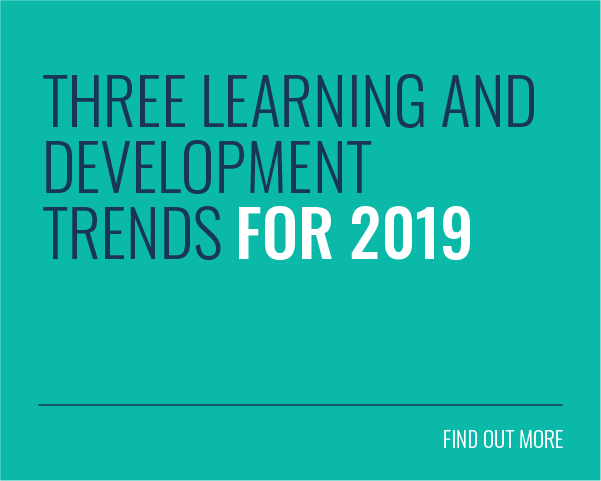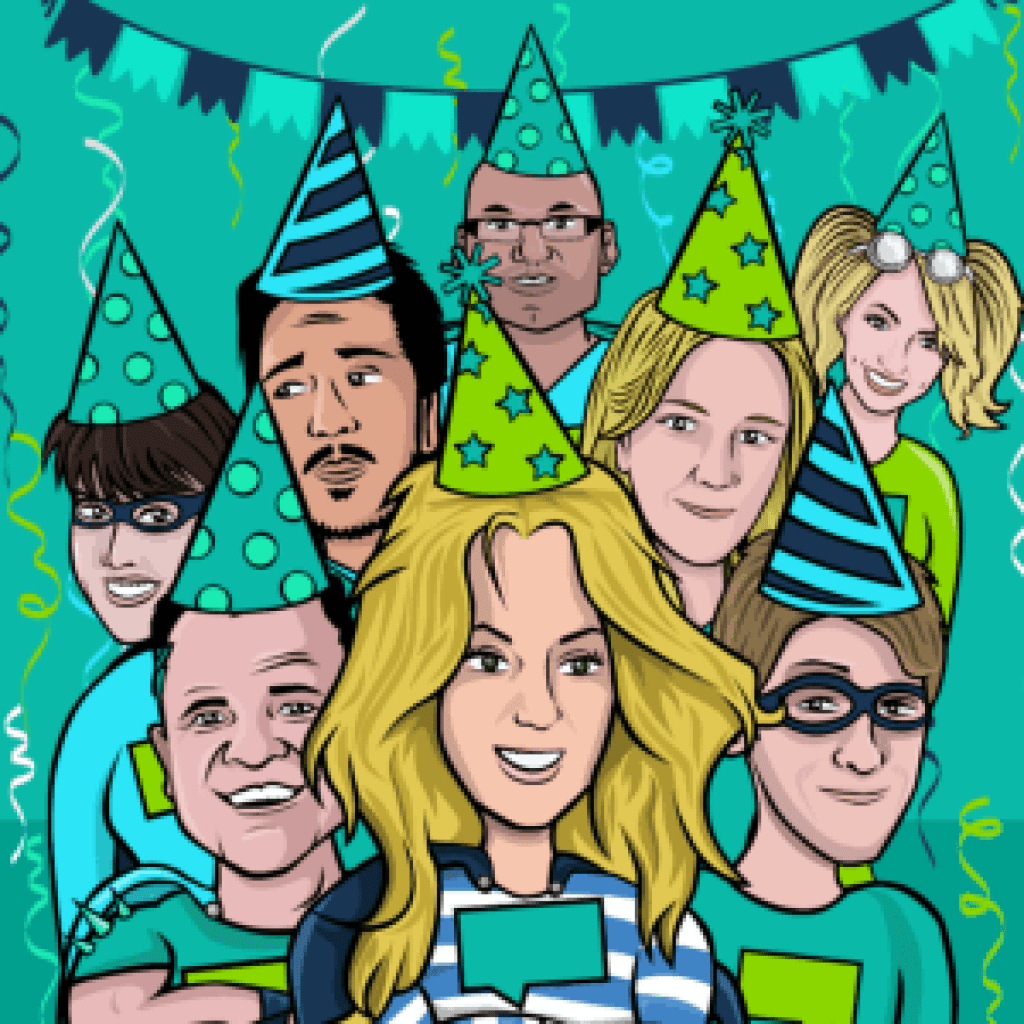 Understanding the distinction between formal and informal learning has never been more important. Whilst formal training experiences are easy to understand and embrace from an organisational perfective, they also only account for 10% of your workforce’s overall knowledge intake. Informal learning experiences make up the remaining 90%, but they’re often untameable beasts that organisations struggle to capture and control.
Understanding the distinction between formal and informal learning has never been more important. Whilst formal training experiences are easy to understand and embrace from an organisational perfective, they also only account for 10% of your workforce’s overall knowledge intake. Informal learning experiences make up the remaining 90%, but they’re often untameable beasts that organisations struggle to capture and control.
Formal learning experiences are like a glass of water. They’re small, refreshing and crystal clear. They have a starting point and a finishing line. Informal learning experiences, on the other hand, are like a vast ocean. They’re all-encompassing, immensely powerful and somewhat difficult to comprehend. Who knows what awe-inspiring creatures and creeping-things lie in the depths of informal learning?
To help you understand what informal learning is and how it works, we’ve created the following check-list. If your current learning process checks off all six boxes below, then you’re smack-bang in the middle of an informal learning experience. Congratulations!
1. It’s curricula free
Traditional learning experiences are mercilessly prescriptive. You’re told what you’re going to learn and you follow pre-set curricula and guidelines until you reach the predefined endpoint. You’re on a single-track instructional journey. You’re drip-fed nuggets of information that you need to know, not the stuff you want to know.
You’ll probably hear about things like learning objectives, learning goals, guided learning hours and the like. But with informal learning, these concepts are tossed casually out the window. Informal learning is able to break free of formal learning’s fetters to embrace a gloriously unorganised, off-the-cuff learning approach.
2. It happens outside of traditional learning environments
Formal learning experiences typically happen within designated learning environments. These may include schools, colleges, universities, classrooms, online learning platforms and the like. They’re grounded in a physical or virtual location of some kind. Informal learning experiences, on the other hand, aren’t rooted in place. They can happen anywhere. You could be in the middle of the ocean. You might be tucked up in bed. You could be down the pub, chatting away with your chums. If there’s a chance to learn from observation, experience or social transfer, there’s a chance for informal learning.
3. It can happen at any time
 Because formal learning happens in fixed locations, it also happens at a pre-set time. You might be told to head to Room 101 at 9 am to learn how to conquer your biggest fear. Informal learning opens the door to a more flexible approach. With an informal learning strategy, you’re ready to learn anywhere and at any time. It’s learning without restraint. You’re free to learn whenever you want, not when you’re told to.
Because formal learning happens in fixed locations, it also happens at a pre-set time. You might be told to head to Room 101 at 9 am to learn how to conquer your biggest fear. Informal learning opens the door to a more flexible approach. With an informal learning strategy, you’re ready to learn anywhere and at any time. It’s learning without restraint. You’re free to learn whenever you want, not when you’re told to.
4. It never ends
You’ve probably heard the phrase, ‘you never stop learning’, or ‘you learn a new thing every day’. These soundbites sum up the continuous nature of informal learning. These experiences have no predefined start points and they have no pre-set endpoints. They’re immortal. You could (if you wanted to), engage in a learning experience that never ended.
That may sound intimidating to some. But instead of peering into a Nietzschean pit of despair, your learners should be overjoyed. No matter what they do, they know that there are plenty more learning experiences under the sun and that there’s always room for further professional development. It’s up to the learner to draw a line underneath their experience and move onto a different topic or activity. This openness provides the opportunity for learners to engage in deep information dives that formal training experiences just aren’t able to cater for.
5. There are usually no pre-assigned subjects, tests or assignments
Informal learning experiences are (by their very nature) unorganised and unregulated, so they’re also difficult to quantify. To some extent, these experiences happen outside of anybody’s control. How could you possibly test that? What reports are you going to produce to demonstrate how effective your informal learning strategy is? Asking somebody to tell you the return-on-investment of their social learning strategy is a bit like asking them to tell you which of their kids they love the most.
This is an issue that plagues informal learning. Still, given that it accounts for a whopping 90% of all learning experiences, it’s important that we search for the answers, rather than relying on traditional training approaches to produce the goods.
6. It’s self-led
Schools have teachers. Universities have lecturers. Organisational learning initiatives are led by instructors or trainers. Informal learning experiences, on the other hand, are led by the individual who is undertaking them.
Think about the last time you got lost in a Wikipedia wormhole. There was nobody standing over your shoulder, telling you which links to follow and what to read. You simply studied the bits that you were most interested in and went on a voyage of discovery that was completely driven by you. That’s what made it an informal learning experience.
To put this all in perspective, think about how you learned to ride a bike. You didn’t follow a pre-set curriculum. The learning experience didn’t happen in a classroom. There were no tests. You knew you were able to ride your bike because you were able to get from point A to point B without flipping over your handle-bars.
But your learning experience hasn’t stopped yet. Each time you hop on a bike you become incrementally more adept. You learn to ride in various conditions, inclinations and environments. There’s always something new to learn and it’s up to you to drive that experience. That’s the gift of informal learning.
So that’s the ‘what’. Next up, the ‘why’. Click here to see 11 reasons why you NEED to embrace an informal learning strategy.
Ready to embrace an informal learning strategy but not sure where to start? Then speak to the social learning experts at Growth Engineering! Our social Learning Management System, the Academy LMS is custom-built to run kick-ass informal learning programmes and improve the ROI of your training spend. Click here to find out more and sign up for a free tour!









